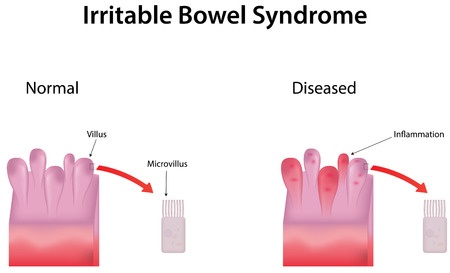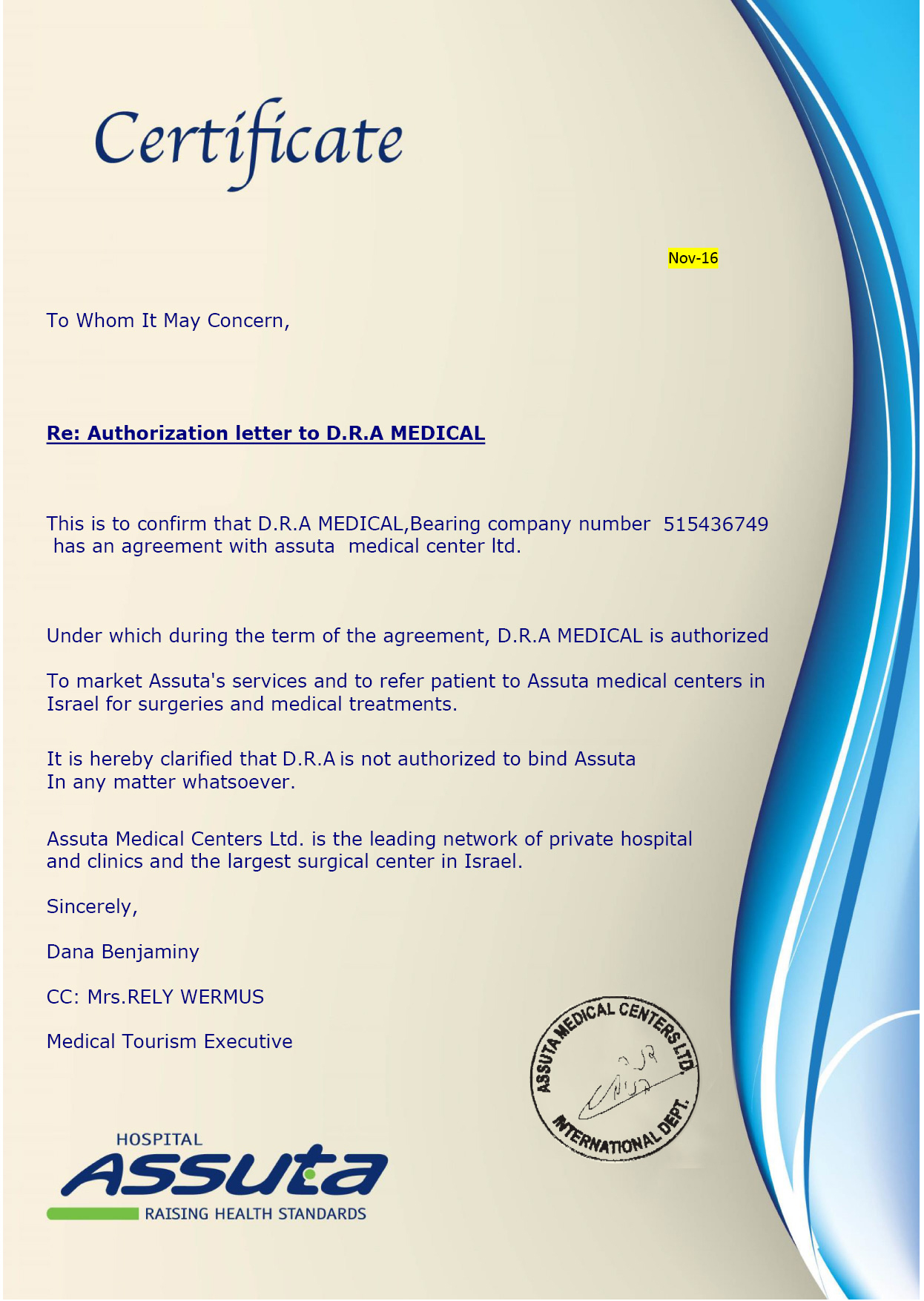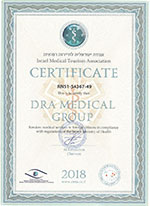Overview
Irritable Bowel Syndrome, or IBS, is a generalized name for uncomfortable, yet consistent, gastrointestinal symptoms that originate in the large intestine, commonly called the colon.Sometimes IBS may be referred to as spastic colon or irritable bowel. Unlike Inflammatory Bowel Disease, or IBD, which affects the entire digestive tract, Irritable Bowel Syndrome affects only the large intestine, does not damage the colon, create inflammation, change bowel tissue, or increase your risk of colorectal cancer. In fact, IBS is not a life-threatening condition, for it is quite manageable with appropriate changes in diet and lifestyle and possibly medication.

Symptoms
Identifying symptoms of Irritable Bowel Syndrome can be difficult since many of its symptoms are common to other diseases, but differ from one individual to the next. Overall, IBS symptoms can range from mild to extreme in terms of severity and it is possible for those symptoms to manifest as a result of a more serious disease. Certainly, you should pay attention to excess gas or bloating, abdominal cramping or pain that lasts 12 weeks or longer, mucus in your stool, as well as occurrences of diarrhea or constipation that may alternate.If you are over the age of 50 or experience nausea, rectal bleeding, or weight loss, then mention these surplus symptoms to your physician because they can guide your doctor in performing tests or selecting adequate treatment.
Keep in mind that Irritable Bowel Syndrome is a chronic condition meaning that its signs and symptoms may appear, disappear, and reappear at intervals. Therefore, consulting a doctor is essential even if one or more of your symptoms goes away.
Risk Factors
More common in women than men, Irritable Bowel Syndrome affects individuals of all ages. You are especially at risk of IBS if your parent or sibling suffered from IBS. Nevertheless, if you have IBS, then your symptoms may worsen in response to certain stimuli. These stimuli, often called “triggers,” do not cause symptoms directly, but certainly exacerbate symptoms. Triggers differ from one individual to the next, yet they fit into the general categories of stress, foods, and hormones.Stress triggers can be as simple as an unexpected change in your daily routine or as serious as a car accident. Meanwhile, food triggers entail aggressive cramping, diarrhea, or bloating after consuming dairy products, caffeine, chocolate, alcohol, or carbonated beverages.
Finally, hormone triggers mainly affect women, the majority demographic of patients with IBS, as their menstrual periods severely aggravate their symptoms.
Diagnosis
Diagnosing Irritable Bowel Syndrome poses many challenges to physicians, because symptoms of IBS mirror symptoms of other mild and severe gastrointestinal conditions. For example, cramping and bloating connected to eating dairy products are common symptoms of lactose intolerance. Therefore, you should expect your doctor to conduct extensive testing and develop a diagnosis via the process of elimination.To begin, your doctor will collect your entire medical history and perform an in-depth physical exam. He or she may also utilize blood and stool collection to check for infection, sigmoidoscopy or colonoscopy to examine your colon, computerized tomography (CT) scanning to observe images of your abdomen and pelvis, and lactose intolerance testing to determine if you lack the lactase enzyme necessary for dairy product digestion.

Treatment
Considering that IBS is a chronic condition, the most effective methods of treatment focus on managing and relieving your symptoms. In most cases, your doctor will suggest moderate changes to your diet and lifestyle as well as lowering your stress level. Depending on your condition, your doctor may also prescribe antibiotics, anticholinergic or anti-diarrheal medications, counseling, or fiber supplements.
- Antibiotics - research is still determining exactly how antibiotics treat irritable bowel syndrome. Nevertheless, patients who suffer from an overgrowth of bacteria benefit greatly from taking antibiotics.
- Anticholinergic medications - if you suffer from explosive diarrhea, then that may indicate issues with the nervous system. Anticholinergic medications improve this condition.
- Antidiarrheal medications - these also treat diarrhea. Your doctor will explain to you if an antidiarrheal or anticholinergic medication is better for you.
- Counseling - if stress makes your irritable bowel symptoms particularly worse, then your doctor may refer you to a counselor to help you manage and overcome stress.
- Fiber supplements - if you suffer from constipation, then taking fiber supplements with plenty of fluids can relieve your condition.










